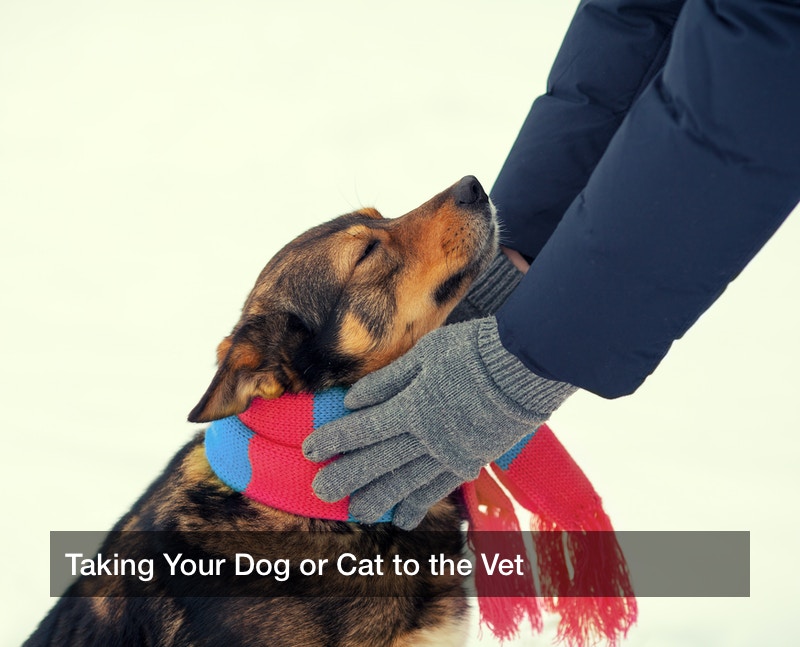
The medical industry is massive today, with many hospitals and urgent care clinics found across the United States today. Ordinary citizens can also find medical care not for themselves, but for their pets, and common species such as dogs, cats, birds, and even rabbits or rodents can be taken to all sorts of veterinary services such as a vet hospital, a vet clinic, or another other animal hospital or a local vet office for a checkup or more. People care deeply about their pets, and when a dog, cat, or other animal starts showing distress and physical symptoms, any concerned pet owner will take their pet to a vet hospital for more serious cases or a veterinary clinic for everyday checkups and milder problems. What can one expect at a vet hospital or the clinic, and what injuries or illness might happen to a pet?
Animal Medical Issues
There are many health problems that may affect someone’s pet, and the full list would be extensive. There is a shorter list of more common issues, however, that pet owners should often be on the lookout for. Physical injury is one common issue, especially for dogs or cats who go outside and are exposed to dangers. A dog or cat may get attacked by a stray animal or wildlife such as raccoons, opossums, rats, or even coyotes or cougars, depending on the area, and wild animals’ teeth and claws can do a lot of harm to a pet. Or, pets might run onto the street and get hit by a car, and if they survive, a dog or cat may suffer broken bones, stressed joints, or damaged ligaments or a concussion. Serious trauma such as broken bones or bleeding will almost certainly call for a visit to a vet hospital so a life can be saved.
A pet might also be taken to a vet hospital or a clinic for disease. Some symptoms may include strange discharge from the eyes, mouth, or nose, or changes in behavior, fur falling out, irritated skin, and much more, depending on the ailment. Pests such as ticks, ear mites, and fleas are also common, and can spread disease and cause irritation as well. Fleas are a common problem, and their bites can irritate a pet’s skin and cause excessive scratching in a dog or cat. Fleas also reproduce rapidly, and a female may lay some 2,000 eggs in its entire life, and they drink a lot of blood. This also leads to the spread of harmful diseases and viruses to pets and even to their owners, and fleas are not afraid to go back and forth between people and pets. Ticks are dangerous arachnids that latch onto a cat or dog in grass outside, and these pests also cause irritating bites that can spread dangerous disease in pets and people alike, such as Lyme disease. Pet fur might hide the skin symptoms, such as a red spot surrounded by a ring-like rash.
Care Methods
A cat, dog, or other pet who has been injured, caught a disease, or has fleas or ticks should be taken to a vet hospital for life-threatening cases or a clinic for more mild cases or for checkups. A dog who suffered trauma to the hock joint (between the shin and paw) can have a brace fitted to avoid inflammation and allow the dog to walk normally without pain, and pets may also have neck or back braces or pads put in place for similar reasons. Surgery might be needed for serious trauma like broken bones or serious bleeding.
At a clinic, a pet owner can take in a cat, dog, rodent, bird, or reptile for checkups and to update the animal’s immunity. Medicine can be given to help kill off or prevent the infestation of such troublesome pests like fleas, ear mites, ticks, and even internal worms, and a pet can get a physical exam from a veterinarian, which may also include X-rays or blood samples to be thorough. Those who bring a pet into the clinic should be mindful of its behavior. Frightened or aggressive pets may have to be left in the car until it is their turn to be examined.
